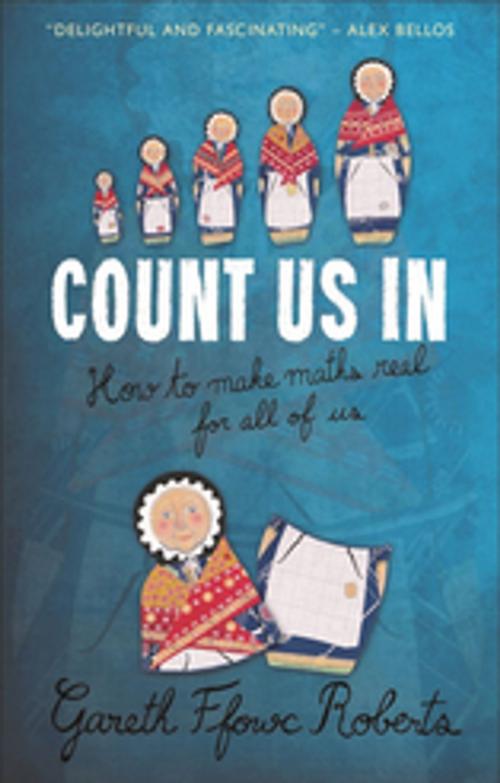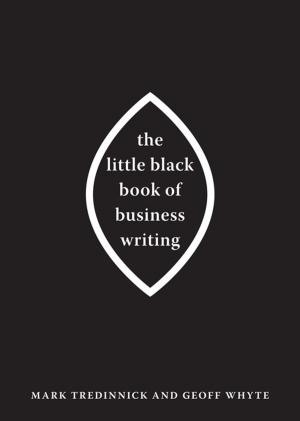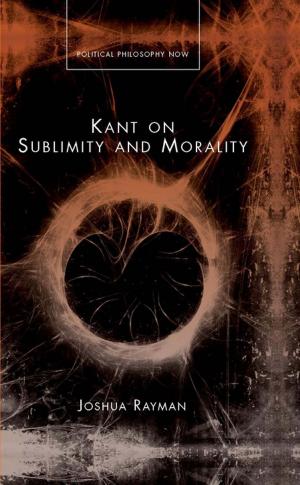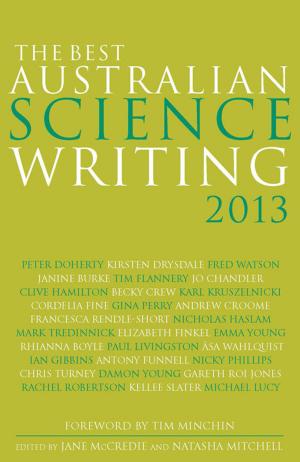Count Us In
How to Make Maths Real for All of Us
Nonfiction, Science & Nature, Mathematics, Counting & Numeration, Study & Teaching| Author: | Gareth Ffowc Roberts | ISBN: | 9781783167982 |
| Publisher: | University of Wales Press | Publication: | February 15, 2016 |
| Imprint: | University of Wales Press | Language: | English |
| Author: | Gareth Ffowc Roberts |
| ISBN: | 9781783167982 |
| Publisher: | University of Wales Press |
| Publication: | February 15, 2016 |
| Imprint: | University of Wales Press |
| Language: | English |
Mathematics, like language, is a universal experience. Every society counts and is empowered by its ability to count and to measure. The mathematical processes developed within various cultures differ widely, and Count us in explores these cultural links, drawing examples from the author’s personal experiences. The process of counting, like the process of communicating with words, is common to all societies worldwide but, just as there is a rich variety of languages, so too is there a rich variety in methods of counting and of recording numbers – methods that have developed over centuries to meet the needs of various groups of people. The narrative of this book takes the form of a collection of short stories based on the author’s personal experience, linked together by a number of sub-themes.
As a popular book on mathematics and on the personalities who created that mathematics, there are no prerequisites beyond the reader’s rudimentary and possibly hazy recollection of primary-school mathematics and a curiosity to know more.
Mathematics, like language, is a universal experience. Every society counts and is empowered by its ability to count and to measure. The mathematical processes developed within various cultures differ widely, and Count us in explores these cultural links, drawing examples from the author’s personal experiences. The process of counting, like the process of communicating with words, is common to all societies worldwide but, just as there is a rich variety of languages, so too is there a rich variety in methods of counting and of recording numbers – methods that have developed over centuries to meet the needs of various groups of people. The narrative of this book takes the form of a collection of short stories based on the author’s personal experience, linked together by a number of sub-themes.
As a popular book on mathematics and on the personalities who created that mathematics, there are no prerequisites beyond the reader’s rudimentary and possibly hazy recollection of primary-school mathematics and a curiosity to know more.















